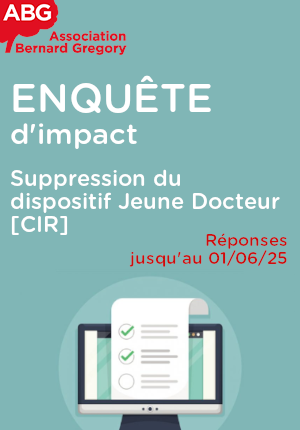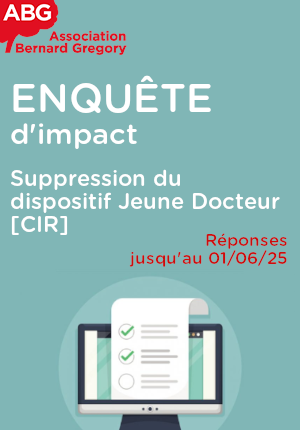Structural approaches for improving sensory and satiety of vegetables spreads analogues
| ABG-131959 | Sujet de Thèse | |
| 14/05/2025 | Financement de l'Union européenne |
- Chimie
- Physique
Description du sujet
The Doctoral Network “Edible Soft Matter” (ESM), funded by the European Union in the frame of the Marie Sklodowska-Curie Actions (MSCA) funding programme is an international, interdisciplinary, and cross-sectoral network gathering leading experts in basic and applied soft matter and food sciences.
The objective of this 48-month project, starting from 1st March 2025 is to train and develop the employability of a new generation of young researchers, regulators, consultants and project leaders by providing them with a unique expertise in the design, production and quality assessment of innovative plant-based food products.
The consortium includes eleven Beneficiaries from seven countries (including three from the non- academic sector) who will each recruit at least one Doctoral Candidate and twelve Associated Partners (including four from the non-academic sector) with worldwide recognised and complementary expertise.
18 Doctoral Candidates will be recruited and trained in the frame of the ESM project. Through the implementation of an Individual Research Project (IRP) and the network-wide training activities, characterized by a strong involvement of the non-academic partners of the project, the Doctoral Candidates will develop the hard and soft skills needed to face the current challenges related to food and environmental transitions.
The ESM project is organised in seven work-packages (WP) including four research-based WP and three transversal WP dedicated respectively to Doctoral candidates training (WP5), Communication, dissemination & exploitation of the project results (WP6) and to Project management and coordination (WP7). The research-based WP unravel basic scientific questions to address the essential food-related research objectives: Plant-based Ingredients (WP1), Assemblies and Interactions (WP2), Multiscale Structuring (WP3) and Towards Innovative Manufactured Foods (WP4). The scientific objectives of the project will be achieved through the implementation of 18 Individual Research Projects (IRP).
IRP13: PhD position in “Structural approaches for improving sensory and satiety of vegetables spreads analogues”
Supervision:
Main supervisor: Laura Laguna
Co-supervisor(s): Amparo Tarrega
Objectives:
Determine the factors behind the low sensory acceptance and satiety of vegetable spreads analogues, focusing on the intrinsic (sensory evaluation) and extrinsic (consumer perception) properties
Develop structural strategies (number and sizes of fat droplets, matrix viscoelastic properties, thermo-mechanical treatment) to modulate the texture and mouthfeel of plant-based emulsions based on machine-learning tools for predicting sensory perception from structure characteristics
Determine the efficiency of strategies to improve sensory quality and expected satiety of emulsions
Expected results:
Key texture attributes with a significant impact on liking and satiety provided by vegetable spreads analogues
Relationships between structural changes during the oral manipulation and texture perception in vegetable emulsion-based spreads
Design of vegetable emulsion spreads based on legume flours with different structures for improving the sensory perception and expected satiety of plant-based products
Planned secondments
UNILEVER (K. Velikov), M16-M17, 2 months: development of new food structures (vegetable spreads) as a path to improve sensory quality and satiety of plant-based food products,
UNILEVER (K. Velikov) M35-M36, 2 months: study of the feasibility of the proposed prototypes at the industrial level.
UMLP (R. Saurel), M28-M29, 2 months: characterisation of vegetable spreads analogues different structures by using microscopy and particle size measurement to link with the sensory acceptability and perceived satiety.
Prise de fonction :
Nature du financement
Précisions sur le financement
Présentation établissement et labo d'accueil
Consejo Superior de Investigaciones Científicas
Universidad Politécnica de Valencia
Institute of Agrochemistry and Food Technology
Site web :
Etablissement délivrant le doctorat
Profil du candidat
MSc or equivalent in Food Science, Nutrition, Pharmacy or Agronomy
Scientific interest, dedication to research and career goal to work in sensory and consumer science
Appreciation for interdisciplinarity and proactive drive to collaborate across fields
Proficiency in English, good communication skills and social competence
Most of the sensory and consumer testing will take place in Spain. Therefore, knowledge of Spanish or enrolment in a Spanish course will be considered
Vous avez déjà un compte ?
Nouvel utilisateur ?
Vous souhaitez recevoir nos infolettres ?
Découvrez nos adhérents
 CASDEN
CASDEN  Groupe AFNOR - Association française de normalisation
Groupe AFNOR - Association française de normalisation  MabDesign
MabDesign  Nokia Bell Labs France
Nokia Bell Labs France  MabDesign
MabDesign  ASNR - Autorité de sûreté nucléaire et de radioprotection - Siège
ASNR - Autorité de sûreté nucléaire et de radioprotection - Siège  PhDOOC
PhDOOC  TotalEnergies
TotalEnergies  Aérocentre, Pôle d'excellence régional
Aérocentre, Pôle d'excellence régional  ADEME
ADEME  CESI
CESI  SUEZ
SUEZ  ONERA - The French Aerospace Lab
ONERA - The French Aerospace Lab  Laboratoire National de Métrologie et d'Essais - LNE
Laboratoire National de Métrologie et d'Essais - LNE  ANRT
ANRT  Institut Sup'biotech de Paris
Institut Sup'biotech de Paris  Généthon
Généthon  Ifremer
Ifremer  Tecknowmetrix
Tecknowmetrix







